Publications
Articles, publications, books, tools and multimedia features from the U.S. Institute of Peace provide the latest news, analysis, research findings, practitioner guides and reports, all related to the conflict zones and issues that are at the center of the Institute’s work to prevent and reduce violent conflict.

As Fragile Kashmir Cease-Fire Turns Three, Here’s How to Keep it Alive
At midnight on the night of February 24-25, 2021, India and Pakistan reinstated a cease-fire that covered their security forces operating “along the Line of Control (LOC) and all other sectors” in Kashmir, the disputed territory that has been at the center of the India-Pakistan conflict since 1947. While the third anniversary of that agreement is a notable landmark in the history of India-Pakistan cease-fires, the 2021 cease-fire is fragile and needs bolstering to be maintained.

Understanding Pakistan’s Election Results
Days after Pakistan’s February 8 general election, the Election Commission of Pakistan released the official results confirming a major political upset. Contrary to what most political pundits and observers had predicted, independents aligned with former Prime Minister Imran Khan’s Pakistan Tehreek-e-Insaf (PTI) won the most seats at the national level, followed by former Prime Minister Nawaz Sharif’s Pakistan Muslim League-Nawaz (PML-N), the Pakistan Peoples Party (PPP) and the Muttahida Qaumi Movement (MQM). No party won an absolute majority needed to form a government on its own. The resultant uncertainty means the United States may have to contend with a government that is more focused on navigating internal politics and less so on addressing strategic challenges.

Tamanna Salikuddin on Pakistan’s Elections
Surprisingly, candidates aligned with former Prime Minister Imran Khan won the most seats in Pakistan’s elections. But while voters “have shown their faith in democracy,” the lack of a strong mandate for any specific leader or institution “doesn’t necessarily bode well for [Pakistan’s] stability,” says USIP’s Tamanna Salikuddin.

The 2021 India-Pakistan Ceasefire: Origins, Prospects, and Lessons Learned
The February 2021 ceasefire between India and Pakistan along the Line of Control in Kashmir has—despite occasional violations—turned into one of the longest-lasting in the countries’ 75-year shared history. Yet, as Christopher Clary writes, the ceasefire remains vulnerable to shocks from terrorist attacks, changes in leadership, and shifting regional relations. With the ceasefire approaching its third anniversary, Clary’s report examines the factors that have allowed it to succeed, signs that it may be fraying, and steps that can be taken to sustain it.
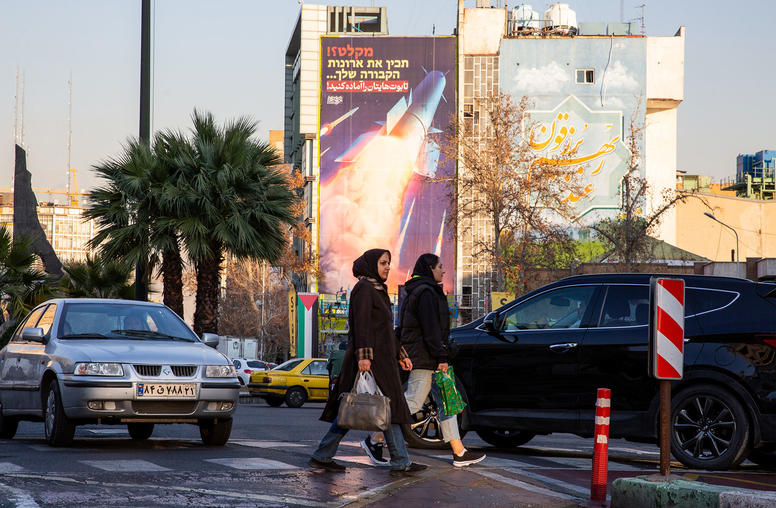
Making Sense of Iran-Pakistan Cross-Border Strikes
In a surprising turn on January 16, Iran launched missile strikes into Pakistan’s Baluchistan province, claiming it had hit two strongholds of anti-Iran insurgent group Jaish al-Adl (Army of Justice). Iran announced the attack in Pakistan concurrent to its strikes in Iraq and Syria. Less than two days later, Pakistan hit back with not only missiles but also fighter jets in Iran’s Sistan-Baluchistan province — claiming to target hideouts of anti-Pakistan ethno-nationalist insurgents operating from Iranian soil.
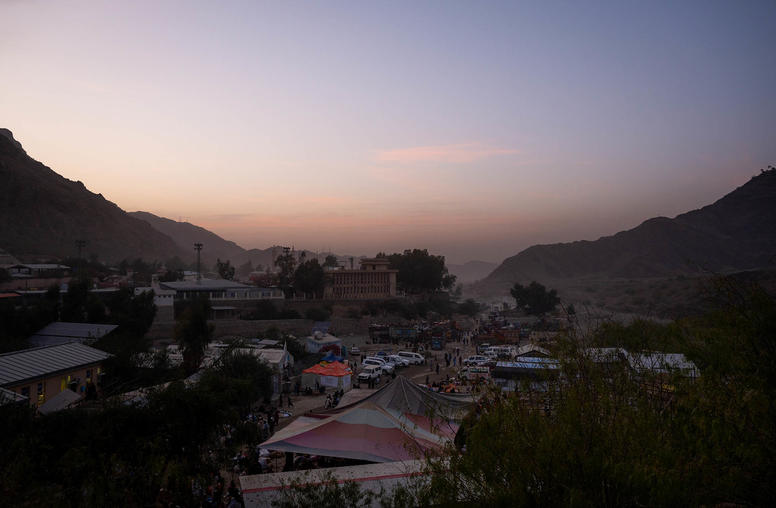
In a Major Rift, Pakistan Ramps Up Pressure on the Taliban
On November 8, in an unprecedented press conference, Pakistan’s caretaker Prime Minister Anwar ul-Haq Kakar offered a blistering critique of the Taliban regime in Afghanistan. He announced that the Taliban leadership was supporting the anti-Pakistan insurgency of the Tehreek-e-Taliban Pakistan (TTP) and that had contributed to a major increase in violence in Pakistan — leading to 2,867 Pakistani fatalities since the Taliban’s takeover of Afghanistan in August 2021.
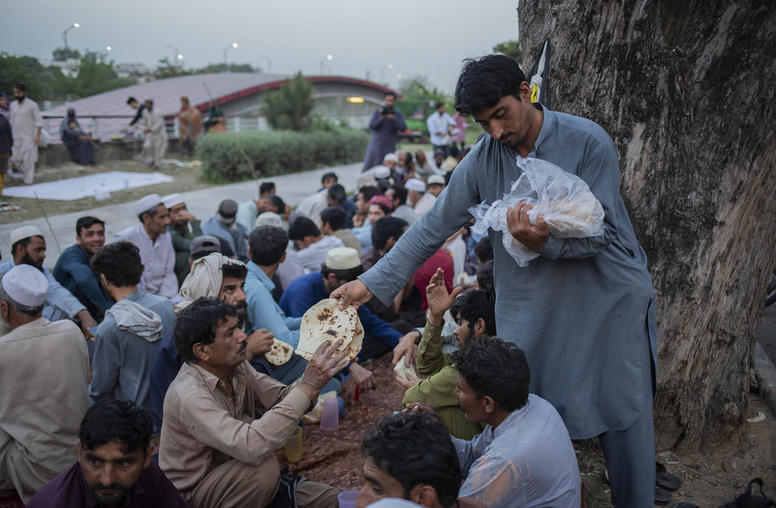
The Promise and Peril of Pakistan’s Economic Recovery Effort
In the first half of 2023, Pakistan appeared to be moving toward a catastrophic economic default. An IMF loan program Pakistan entered into in 2019 had gone off track after the Fund found Islamabad’s commitment to reform lacking, leading to a suspension of loan disbursements. The derailment of the IMF program resulted in a significant drop in the country’s foreign exchange reserves — at one point this year, reserves could only cover about two weeks' worth of imports due to concurrent debt repayment pressure. To avoid defaulting, the government imposed stringent import restrictions in an attempt to control dollar outflows. That caused a major economic shutdown of import-dependent industries, a shortage of essential commodities and surge in inflation.
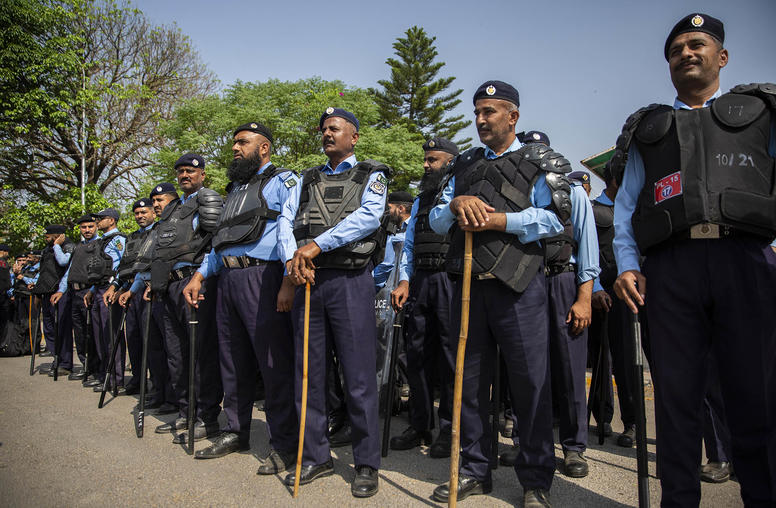
Pakistan’s Parliamentary Period Ends as Election Uncertainty Looms
A five-year parliamentary term just concluded in Pakistan, marking the third such term since the country's 2008 transition from military rule. These past five years were marred by domestic political tumult and an outsized — at times decisive — military role in politics. During this period, Pakistan witnessed two ruling coalitions with different prime ministers: the Imran Khan-led Pakistan Tehreek-e-Insaf (PTI) and allied parties from August 2018 to April 2022, followed by the Shehbaz Sharif-led Pakistan Muslim League Nawaz (PML-N) and allies from April 2022 until this week. Top political leaders also faced legal issues — most recently, Khan was convicted for illegally selling state gifts and disqualified from contesting the election.
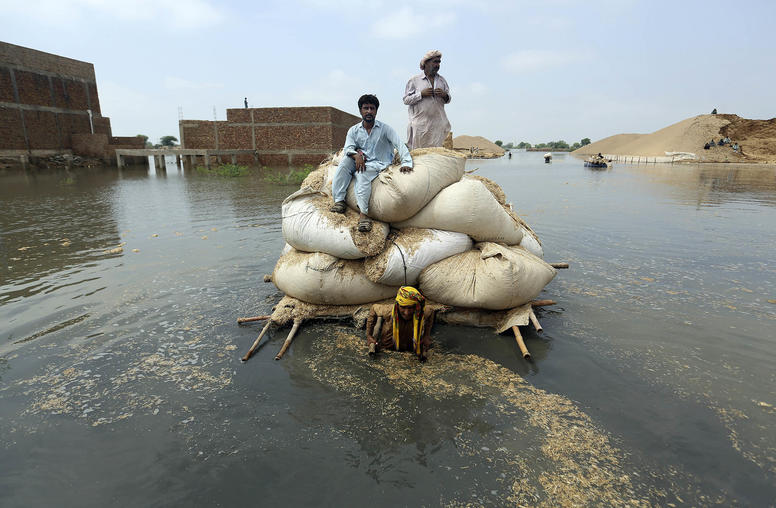
Displaced to Cities: Conflict, Climate Change, and Rural-to-Urban Migration
Countries as geographically diverse as Honduras, Jordan, and Pakistan are experiencing a common challenge—rapid growth in urban populations as conflict and climate-induced disasters push people from rural areas into cities. This report examines the effects of this increased urban migration on both the migrants and the urban environment, as well as the challenges policymakers face. It offers recommendations to help meet the needs of growing urban populations and develop adaptive, resilient systems to better withstand the impacts of climate change and conflict.

Tamanna Salikuddin on Imran Khan’s Arrest and Pakistan’s Political Crisis
After violent protests over his arrest, former Pakistani Prime Minister Imran Khan was released over the weekend. However, this latest political crisis isn’t going away soon, says USIP’s Tamanna Salikuddin: “What we’re headed to is a clash between the very powerful military and the very popular [Khan].”